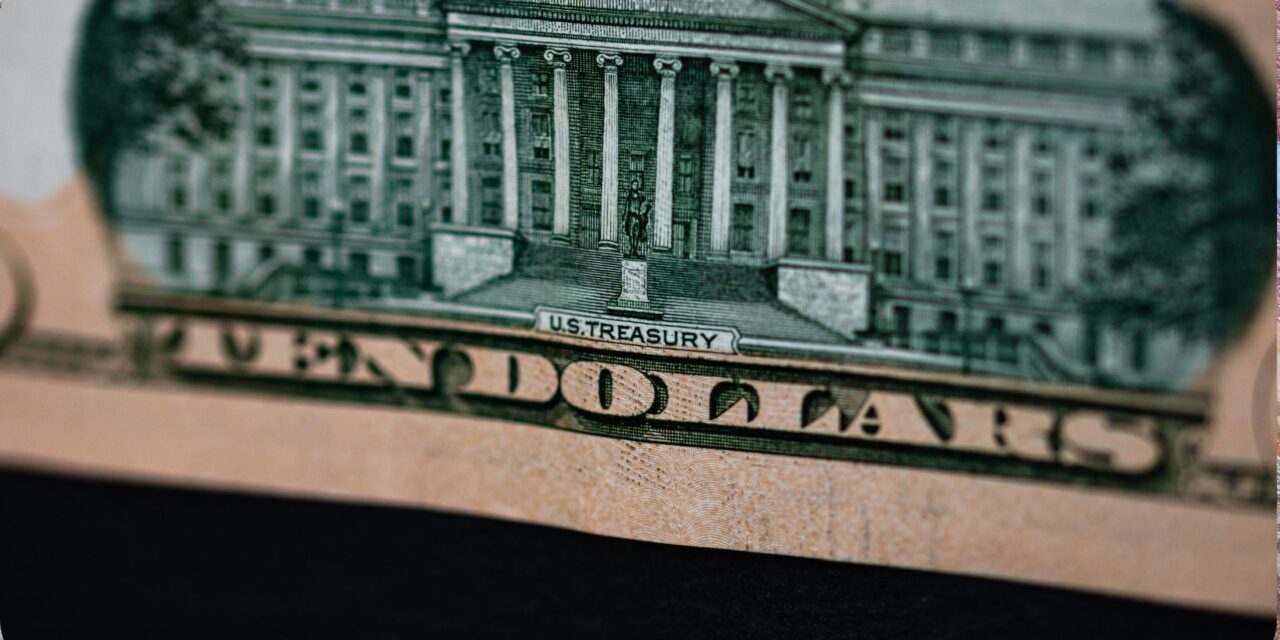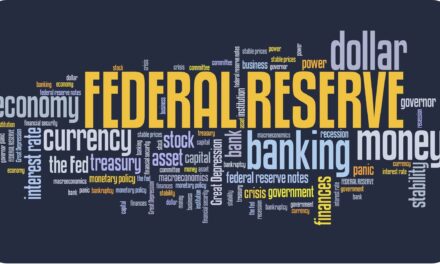As the U.S. government gets closer to being unable to pay its bills, Treasury Secretary Janet Yellen on Wednesday urged Congress to act quickly to raise or suspend the debt limit. The divided Congress faces a growing list of urgent matters when it returns from recess later this month, but Democratic leaders said they must address the debt limit.
In a letter to Congressional leaders, Yellen wrote that based on the administration’s best information, cash and extraordinary measures would be exhausted in October.
“A delay that calls into question the federal government’s ability to meet all its obligations would likely cause irreparable damage to the U.S. economy and global financial stock markets,” Yellen wrote. “At a time when American families, communities, and businesses are still suffering from the effects of the ongoing global pandemic, it would be particularly irresponsible to put the full faith and credit of the United States at risk.”
The debt limit, which is the maximum amount the U.S. can borrow by law, was suspended for two years in 2019 under President Trump, but the suspension expired at the end of July. The Treasury Department has been using so-called extraordinary measures to pay its bills since, including suspending certain investments. If its cash on hand and temporary measures are fully exhausted, it would be the first time in history the U.S. was unable to meet its financial obligations.
Democrats want Republican support in addressing the debt ceiling, as happened under previous administrations. Speaker Nancy Pelosi said Wednesday the Trump administration amassed more than $7 trillion in debt and said lifting the debt ceiling would be paying what she called the “Trump credit card.”
“When President Trump was president, we Democrats supported lifting the debt ceiling because it’s the responsible thing to do. I would hope that Republicans would act in a similarly responsible way,” Pelosi said.
Pelosi said they have several options to address the debt ceiling, but it “has to happen.” The speaker said Democrats would not include it in the $3.5 trillion budget reconciliation bill being negotiated. Senate Minority Leader Mitch McConnell has predicted no Republicans would vote to raise the debt limit and said Democrats would likely need to include it in their reconciliation bill, where they would not need Senate Republican support.
“It would be just the height of irresponsibility for Republicans to play games, to take the debt limit hostage,” Senate Majority Leader Chuck Schumer said Wednesday. “That would be playing with the full faith and credit of the United States, and it would be a horrible act, a despicable act.”
In 2011, Republicans used the debt limit to pressure the Obama administration to address spending. While the parties eventually reached an agreement, the uncertainty led to the U.S. having its credit score downgraded for the first and only time in history.
Are we set for a replay of the 2011 situation??
With this ongoing the US Dollar has had a buoyant week thus far, with the greenback clawing back losses from fridays payroll report. Many attributing this to rising wages and 10/y treasury yields while inflation still seems to be on the mind of many even though the word “transitory” has become the go to in any conversation around inflation. Of course there are theories and models which might serve to back up this opinion, however we believe that atleast a portion of this inflation will be permanent. This would be a simple case of history repeating itself as we’ve seen in the past.
With a quiet economic calendar and monday being a holiday in the US we are keeping a close eye to see if we have any midweek reversals, however we have to be mindful of the fact that the global mood around stock trading markets does seem to have dampened. This is mostly due to the resurgence of the Delta covid variant affecting countries with high vaccinations such as Israel. Stock Trading Markets seem to be taking this as an indication of what might happen in Europe and the US moving forward.
A few important weeks ahead for global stock Trading Markets as the world’s largest economy faces one of its most important financial decisions in recent memory, One which could shape the global finance space in the short to medium term.
SOURCES: CBSNEWS, ING





